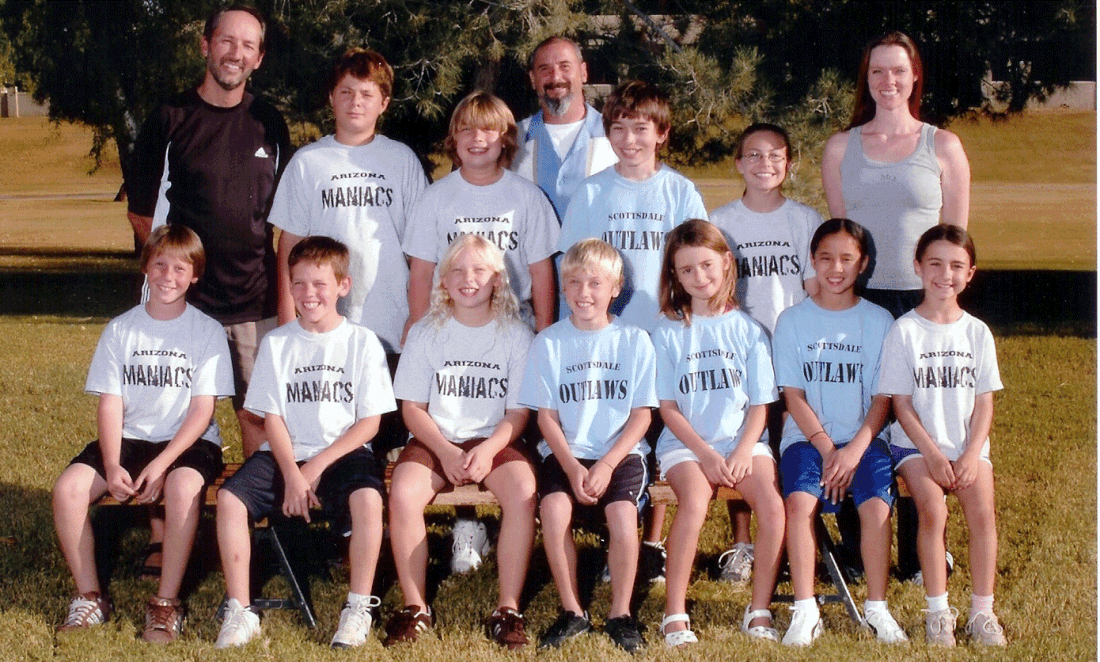
Meet Monica Rosen- Founder, CEO & CFO at Sabakiball International, a competitive sport meant for multiple skill levels.
Working with a small business since she was merely 16 years old, Monica started her first non-profit organization when she was just 18 years old. Today with more than 20 years of athletic experience working with children and adults, her vision of inclusiveness and gender equality have culminated into her current organization, Sabakiball International. For those who aren’t aware, Sabakiball is a team sport invented and patented by her business partner, which has grown to include over a million participants spanning 9 countries. With her experience in mentoring and leading children and adults for most of her life, she has made sure that this sport promotes teamwork, teaches cooperation, provides peer mentorship, and is challenging for multiple skill levels. For her, fairness, equality and sportsmanship are paramount in Sabakiball. The culture she has cultivated within Sabakiball is to focus on these values while keeping with the competitiveness of sports. After over 10 years of cross-cultural success, this sport hopes to create a new tradition where every gender can play competitively side-by-side. In addition to running Sabakiball International, Rosen is also a co-founder of a non-profit organization, the Personal Development Center, which helps people see what they are not seeing in their day-to-day life, and change the trajectory of their lives.
Talking about her roots, she says- “I came from a loving middle-class home in Washington State in the US. I was taught at an early age that anything can be attained through hard work, honesty and integrity, which made me interested in learning and progressing. I used to take dance classes, played the violin, and even raised show-rabbits. When I was 13 years old, I began training in the martial art of Jujutsu in earnest. Training six hours a day, six days a week, I climbed the ranks quickly all the way to being a Head Instructor and then finally earned the title of a Sensei.” Here, part of her training was to mentor the lower-ranking students. This training hall turned out to be a very traditional environment where staunch physical discipline was taught alongside philosophy. This is where she learned concern, caring and compassion for others, the fundamentals that are required to nurture an enlightened mind. She also learned that more than learning ‘how to fight’, is learning how ‘NOT’ to fight. “Because of my strength I choose to yield – that is Jujutsu!” she adds.
Her business, Sabakiball International, is a concept that makes a team win by using a ‘weak’ player. This, she believes, teaches players – especially those coming from other traditional sports – to re-think what ‘weak’ actually means. Many concepts in Sabakiball, like this one, are life lessons as well which cultivates strong and caring individuals – whether children or adults.
“Challenges in my early career were that my experience far exceeded my education. Having started running a business at 16 and opening my own non-profit at 18, I had not even started college yet, although I could walk into a small business and run it better than anyone. I also look younger than I am, so early employers underestimated my skills and experience because I simply started too early. Of course, owning a new competitive sport business, there are challenges, but as I experienced throughout my life, the people who do not judge a book by its cover, find that what may be inside might not be what they expected,” she says about her overall journey as an entrepreneur.
The response towards Sabakiball by consumers has been phenomenal- most of its sales are sent to schools, after school programs and private leagues. Be it a teacher, a coach, a spectator or a player, everyone agrees that Sabakiball is not like anything they have ever experienced before. Monica has even met parents that come to her after their child plays Sabakiball and express that their child has never wanted to be a part of a sport because they were not athletic so they were left out or picked on- but with the nature of the sport and the leadership of the coach, their child now loves to get out on the field, and the confidence and strength they get from succeeding in Sabakiball has permeated to all areas of their lives- and this is what motivates her even more.
As she looks back, she believes that the only thing that worked for her is being ‘true’ to herself and it is only because she has seen everything falling into place one by one- for real.